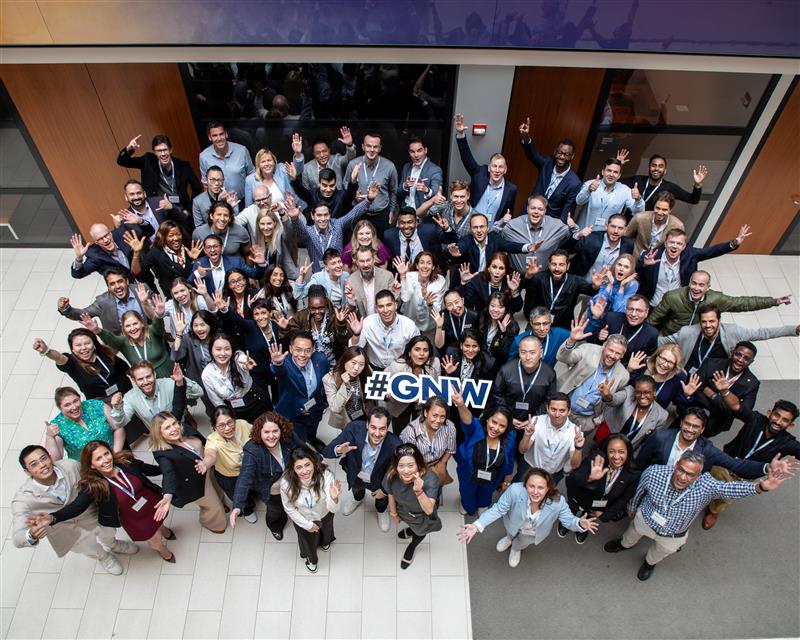Expanding Insights and Strategy: Gaining a Wider Perspective as an Executive Through Global Network Week 2025
In today’s interconnected world, leadership isn’t built within four walls. It’s shaped by crossing borders, confronting new perspectives, and experiencing business as it happens globally. This is the core of the Global Network Week (GNW), an initiative of the Global Network for Advanced Management (GNAM) and the Asian Institute of Management (AIM) that connects students with immersive, short-term courses across the globe.
This 2025, 24 Executive MBA (EMBA) students from the EMBA 2025 and EMBA 2026A cohorts took their learning beyond the Philippines, traveling to 15 leading universities worldwide to take part in this one-of-a-kind experience.
From Yale School of Management in the US, to Seoul National University Business School, Oxford Saïd Business School, IMD Switzerland, and National University of Singapore, AIM students joined peers from around the world to learn, debate, and collaborate on pressing business challenges.
Beyond Borders: Learning Without Limits
For the students, immersion was the real motivator—stepping not only into the classrooms of top business schools, but also into local businesses, cultural contexts, and conversations with experts tackling today’s most urgent challenges.
This meant not just observing but engaging. For example, examining sustainability strategies in Berlin, exploring innovation in Singapore, or understanding global finance in Stockholm. Each destination offered a new lens, showing that real leadership requires adaptability, curiosity, and a worldview that extends far beyond home markets.
Chris Legaspi on Korea’s Strategy of Alignment
For Executive MBA student Chris Legaspi, who joined the program at Seoul National University Business School, GNW revealed how Korea’s global strength lies not in scale or resources, but in something more deliberate: alignment.
“Some nations win through volume. Others through capital. Korea advances through something else—alignment,” Chris shared. “It aligns what it makes with who it is. And more importantly, it aligns who it is with how it wants to be seen.”
From Taekwondo’s disciplined spread across nations, to the ritualized structure of K-beauty, to the carefully curated training systems behind K-pop, Chris saw how Korea’s global influence stems from a systematic approach to identity. This realization shaped his takeaway: that true organizational identity must go beyond messaging and embed itself into systems, behaviors, and strategies.
“Korea shows that identity, when built structurally, directs behavior, scales culture, and sustains reputation. It is not soft. It is strategic.”

Anne Salvador on Leading Through Crisis at UNSW Sydney
Meanwhile, for Anne Salvador, GNW at the University of New South Wales (UNSW) Business School in Sydney offered a powerful reframe of leadership in moments of disruption.
Having lived through the pandemic’s impact on her own organization, Anne found the course on Crisis and Issues Leadership especially relevant.
“Crisis preparedness is not just a nice-to-have,” she reflected. “It is a leadership imperative.”
One of the program’s most memorable activities placed her in the hot seat of a simulated media interview—under bright studio lights, facing a tough journalist, and responding as if she were the CEO of a company under fire. The experience drove home how much responsibility, empathy, and composure matter when leaders communicate during high-stakes situations.
But beyond technical drills, Anne’s greatest takeaway was resilience. From practical stress-management techniques to the reminder that well-being anchors effective leadership, she learned that no drill can fully prepare anyone for crisis, but preparation and presence can make all the difference.

Sumit Agarwala on Behavioral Science at Yale
For Sumit Agarwala, joining GNW at the Yale School of Management was both a dream fulfilled and a milestone in his leadership journey. Alongside 77 peers from 22 of the world’s top universities, he immersed himself in a week-long course on the Behavioral Science of Management—a field that, for Sumit, holds profound implications for leadership and decision-making.
“This immersive experience not only enhanced my academic knowledge but also allowed me to forge lifelong friendships across cultures and regions,” Sumit reflected. “I consider this participation one of the most valuable awards in my career.”
From negotiation role-plays that underscored the power of understanding one’s BATNA (Best Alternative to a Negotiated Agreement), to classes on framing, choice architecture, and behavioral finance, Sumit’s biggest takeaway was how deeply human psychology shapes leadership, markets, and organizations. Whether learning how defaults influence decisions, or how biases like overconfidence and loss aversion distort financial judgment, he saw how leaders can use behavioral insights to make better choices under pressure.

Commitment to Global Collaboration
As a proud member of the GNAM network, AIM reinforces its commitment to global collaboration and sustainability by sending its students to join this powerful exchange of ideas. GNW allows AIM leaders-in-training to not just represent the Philippines but also bring back insights that can transform organizations, industries, and communities back home.
For our Executive MBA students, the Global Network Week wasn’t just a trip—it was a proving ground. Surrounded by peers from diverse industries and countries, they were challenged to think bigger, lead smarter, and act more responsibly in a global business environment.
This experience underscores the Institute’s mission: to shape leaders who aren’t confined by geography but are equipped to create impact across sectors and borders.
Are you ready to take your leadership beyond borders? Enroll in our Executive MBA program and let AIM connect you to global networks and transformative experiences.


